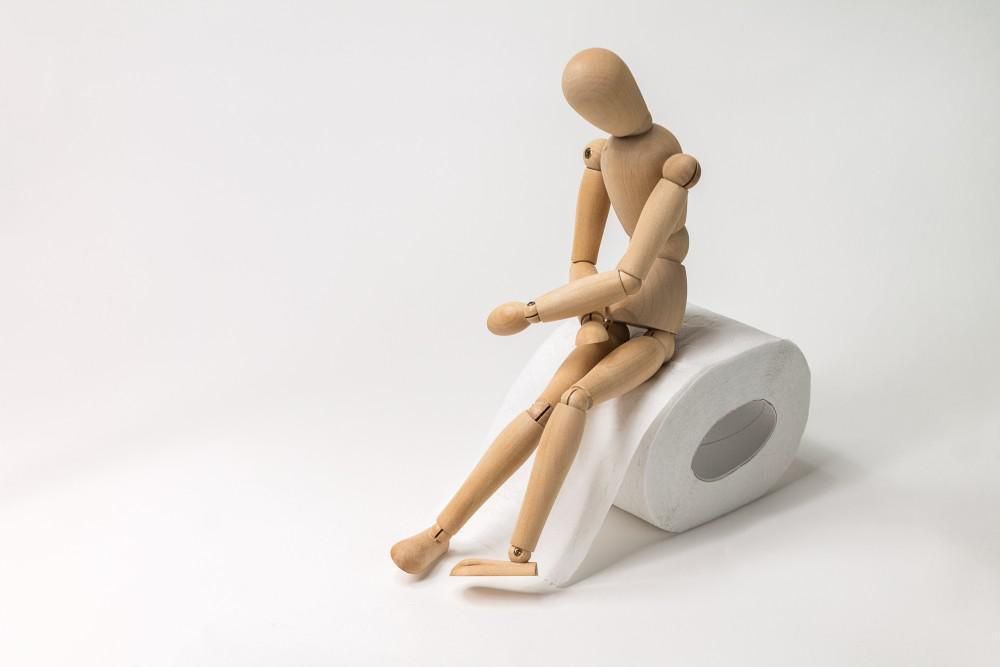
Colorectal cancer is the second leading cause of cancer deaths for both men and women combined. That’s because it often has no symptoms until it’s progressed to stage II or higher. But if you get a cancer screening and catch it early, treatment is much more effective. Research shows that regular cancer screening could prevent 60% of colorectal cancer deaths. That’s why our team at Hawaii Gastroenterology Specialists is here to help you spot the warning signs of colorectal cancer. Symptoms of colorectal cancer Early-stage colorectal cancer doesn’t always have symptoms. However, when symptoms do occur, they include: Changes in bowel habits (constipation, diarrhea) Thinning or narrow stools Rectal bleeding Abdominal cramping or bloating Loose or watery stools Feeling like can’t empty your bowels These symptoms are known as local symptoms, meaning they only affect your colon and rectum. But sometimes colorectal cancer causes systemic symptoms. Systemic symptoms affect other parts of your body and digestive tract and include: Vomiting Nausea Unexplained loss of appetite and weight loss Jaundice Weakness and fatigue Anemia You may not have any symptoms until the disease progresses. If you experience any of these symptoms, schedule an appointment with Hawaii Gastroenterology Specialists. Know your risk Most cases of colorectal cancer occur after age 50. While age is the most common risk factor, certain medical conditions can put you at a higher risk of developing the disease, such as: Precancerous polyps Ulcerative colitis Crohn’s disease Type 2 diabetes Inflammatory bowel diseases, like Crohn’s disease, are chronic. They cause persistent, long-term inflammation in your colon or rectum. This can lead to dysplasia, which occurs when the cells in your colon or rectum become precancerous. Another common risk factor is age. 25% of patients with colorectal cancer have a family history of the disease. When you should start cancer screening When colorectal cancer is caught early, your chances of successful treatment increase. That’s why we recommend regular cancer screenings once you turn 50. The American Cancer Society recommends higher-risk patients start cancer screening at age 45. With regular cancer screenings, our team can catch polyps and remove them before they become cancerous. And if we notice dysplasia, we can help you control and reduce inflammation. Our board-certified gastroenterologists help patients throughout the Honolulu and Aiea, Hawaii areas with their cancer screenings and treatment. To learn more about our innovative cancer care, contact one of our offices by phone or request an appointment online.
